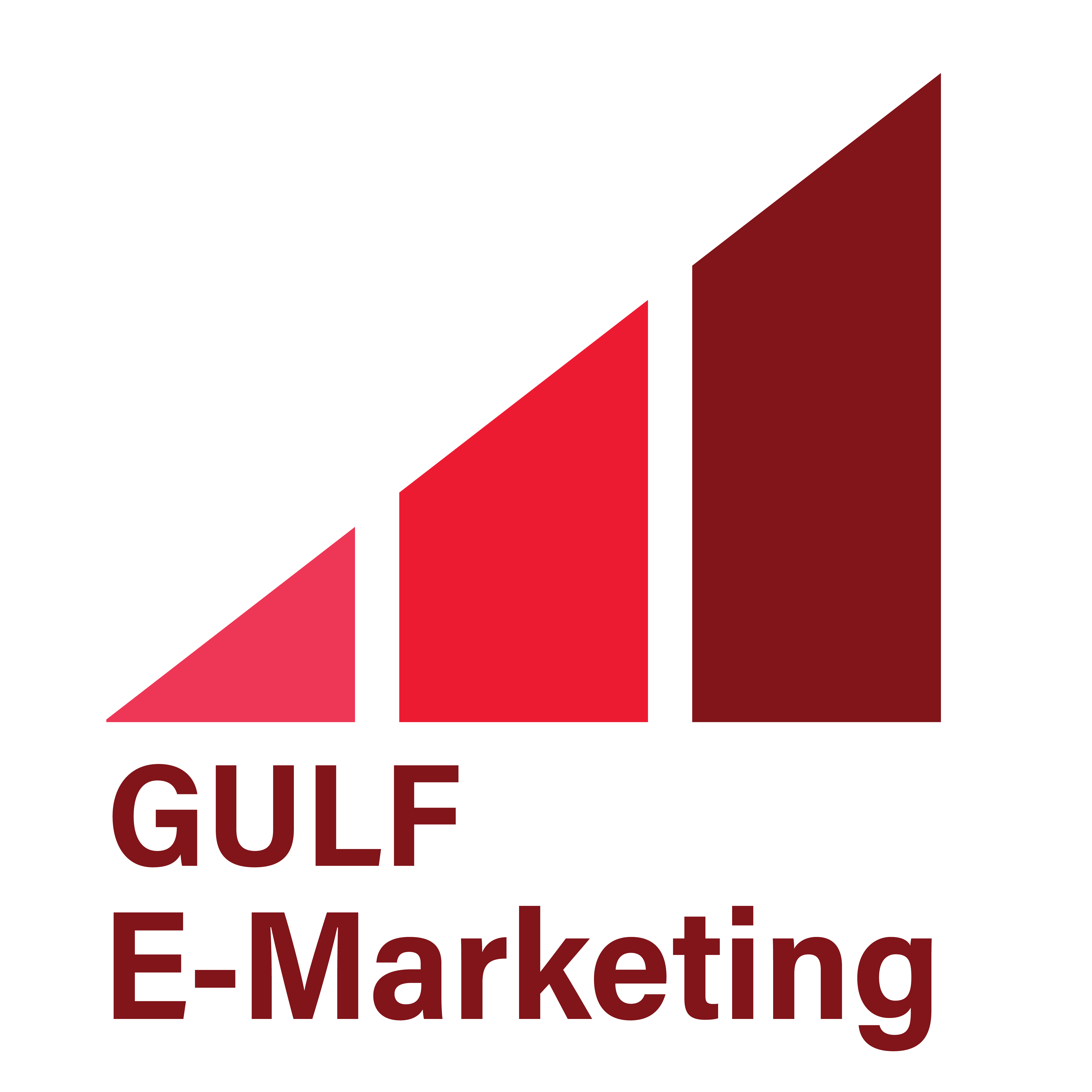- September 28, 2024
- Social Media Optimization Tips, Web Marketing
- 0 Comments
In today’s digital age, marketing has evolved beyond traditional advertisements. The rise of social media influencers and word-of-mouth (WOM) e-marketing has transformed the way brands connect with their audience, especially in the UAE, where social media consumption is among the highest globally. With millions of people active on platforms like Instagram, TikTok, and Snapchat, influencers have become powerful voices, shaping consumer behavior and enhancing brand visibility.
Let’s dive into the role of social media influencers and word-of-mouth e-marketing in the UAE, and explore how businesses can leverage these forces to drive growth.
1. Social Media Influencers: The New Age Opinion Leaders
Gone are the days when traditional celebrities were the sole brand ambassadors. Today, social media influencers have stepped into the spotlight, bringing their relatable and authentic personalities to the forefront. In the UAE, where digital culture thrives, influencers have a massive impact on purchasing decisions.
Who Are Social Media Influencers?
Influencers are individuals who have established a dedicated following on social media by creating engaging content. Their followers see them as experts in specific niches—whether it’s fashion, fitness, travel, or food. When they endorse a product, it comes across as a trusted recommendation rather than an overt advertisement.
Example: A fashion influencer based in Dubai can showcase a local designer’s new collection on Instagram, reaching a broad audience of fashion enthusiasts, who are likely to trust the influencer’s opinions and recommendations.
2. The Influence of Micro-Influencers in the UAE
While mega-influencers with millions of followers may seem like the obvious choice for brands, micro-influencers (those with 10,000-50,000 followers) are becoming increasingly valuable. In the UAE, where trust and community play a pivotal role in marketing, micro-influencers often have deeper engagement and more authentic relationships with their audience.
Creative Tip: Brands should consider partnering with micro-influencers who align with their values and target audience. For example, a local beauty startup in Abu Dhabi could collaborate with a micro-influencer known for promoting natural skincare. The influencer’s authentic endorsement can generate word-of-mouth interest among followers who may not have been aware of the brand before.
Fun Fact: Micro-influencers tend to have higher engagement rates compared to their celebrity counterparts because their followers perceive them as more relatable and genuine.
3. Word-of-Mouth E-Marketing: Trust Is the Currency
Word-of-mouth has always been a powerful marketing tool, but in the digital world, it has taken on a whole new form—e-WOM (electronic word-of-mouth). In the UAE, where community dynamics and recommendations are valued, e-WOM can significantly influence consumer decisions.
Why WOM Works:
Consumers trust recommendations from friends, family, and influencers more than traditional ads. This trust is magnified on social media, where sharing a brand recommendation can happen with just a click. A positive review or a personal testimonial from a satisfied customer can spread like wildfire in social media circles, especially when amplified by influencers.
Example: Imagine a new restaurant opening in Dubai. A couple of local influencers visit the restaurant, post reviews, and share Instagram stories. Soon, followers of those influencers begin visiting the restaurant based on those recommendations, creating a ripple effect of word-of-mouth marketing.
4. The Cultural Element: Influence and Community in the UAE
In the UAE, word-of-mouth and influencer marketing are deeply connected to culture. Relationships and trust are central to Emirati and expat communities alike. When an influencer recommends a brand or product, it is seen as a trusted voice within that community, especially if the influencer shares similar values.
Pro Tip: For businesses in the UAE, building relationships with local influencers who understand the cultural nuances of the region can create more meaningful connections. Campaigns that resonate with local traditions, values, and events—such as Ramadan or UAE National Day—can have a significant impact on consumer behavior.
5. Leveraging Social Media Platforms for e-WOM Marketing
Each social media platform offers a unique way to amplify word-of-mouth marketing. Here’s how brands in the UAE can make the most of them:
– Instagram: With its focus on visuals, Instagram is perfect for influencers and word-of-mouth marketing. Instagram Stories, Reels, and in-feed posts allow influencers to showcase products in real time, while user-generated content (UGC) can drive further engagement.
– TikTok: Short, engaging videos have turned TikTok into a viral marketing platform. Brands in the UAE can work with TikTok influencers to create fun, memorable content that encourages user interaction and sharing.
– Snapchat: Especially popular in the UAE among younger demographics, Snapchat offers a more intimate way to engage users through quick, real-time content. Brands can collaborate with influencers to create snap-worthy moments that promote their products organically.
– YouTube: Long-form content creators on YouTube in the UAE often delve deep into product reviews or “unboxing” experiences. For brands offering high-ticket or complex products, this platform allows influencers to provide detailed, authentic feedback.
6. User-Generated Content: Fuel for e-WOM
User-generated content (UGC) is the ultimate form of word-of-mouth marketing. When satisfied customers share their experiences on social media, it acts as an unpaid endorsement of your brand. In the UAE, UGC can spread rapidly due to the country’s high level of internet and smartphone usage.
Actionable Idea: Encourage customers to post photos of your product using a branded hashtag, and then repost their content on your business’s social media accounts. Not only does this amplify e-WOM, but it also gives your audience a sense of involvement in your brand.
Example: A new fitness brand in Dubai could run a campaign asking customers to share workout photos with their products, creating a community of engaged users while simultaneously increasing brand visibility.
7. Authenticity and Transparency: Building Long-Term Trust
In the UAE’s competitive digital landscape, authenticity is key. Both influencers and brands need to be transparent about their partnerships. Today’s consumers, especially in the UAE, are highly discerning and can spot inauthentic promotions easily. When influencers genuinely believe in and use the products they promote, the resulting word-of-mouth marketing is much more impactful.
Creative Approach: Allow influencers to share not only the highlights but also the challenges of using your product. This honesty can resonate with followers who appreciate a balanced perspective.
Example: A travel influencer could collaborate with a luxury hotel chain, sharing both the exceptional amenities and the small, less-than-perfect details. This authentic portrayal of their experience can build credibility and trust among followers, driving genuine interest in the brand.
Conclusion: The Future of Influencer and Word-of-Mouth Marketing in the UAE
In the UAE, the combination of social media influencers and word-of-mouth e-marketing has created a powerful force that drives consumer behavior. As brands continue to navigate the digital landscape, these strategies will only grow in importance. The key to success is building authentic, trust-driven relationships with influencers and encouraging real user-generated content that sparks meaningful conversations.
For startups and established businesses alike, harnessing the power of influencers and e-WOM will be critical in shaping the future of marketing in the UAE.



